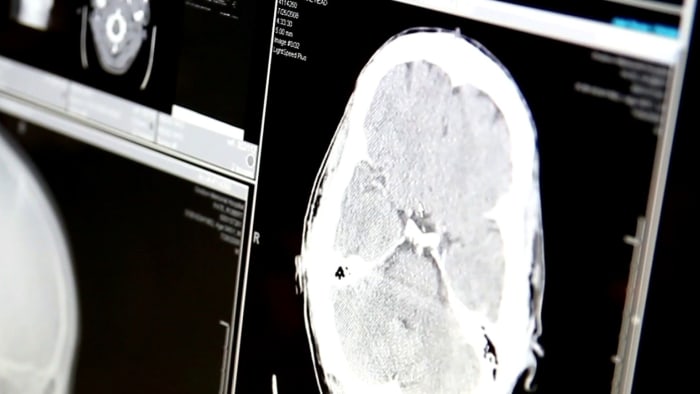HOUSTON – Alzheimer's disease is not a normal part of aging.
Many people think that once they reach a certain age, they will develop some degree of Alzheimer's or dementia, but that's not true.
Aging expert Dr. Massie Smith appeared on the KPRC2+ livestream to offer advice on how to distinguish between symptoms of dementia and those of normal aging.
“You're looking for your glasses, with them on your face. You've forgotten you have them on. This is normal. It's not going to get any worse. If you notice that your memory is getting worse, or that you're forgetting more than usual, or that a loved one is noticing forgetfulness or memory loss and is preventing them from performing reasonable or everyday tasks like driving home from work or making a cup of coffee, this could be dementia,” explained Dr. Massie Smith. “When memory loss starts to interfere with daily activities, physical function, or cognitive function, this could be dementia.”
How to get started First, consult your doctor
Build a long-term relationship with your doctor so he or she can keep track of your health and help you recognize the signs of memory loss.
They can also determine if forgetfulness is due to other treatable causes, such as a blood deficiency, infection, or depression.
Maintain a healthy lifestyle
A low-salt, low-fat diet is known to reduce inflammation in the body and brain that may increase the chances of developing Alzheimer's disease.
Become a lifelong learner
Learn a new skill, read a new book, travel.
According to Dr. Smith, the more you use your brain cells, the less likely you are to lose them.
How to deal with a loved one who is worried about dementia
“That can be scary for the individual and for their family because you automatically think of loss, forgetfulness and declining abilities. You want to have a conversation with your loved one about regular checkups – everyone has them. You don't want to single them out as different or having a problem or being a burden,” Dr. Smith explained. “You want to have a normal, natural conversation about seeing their doctor about their overall health.”
Dr. Smith also suggests getting on board with your loved one's electronic health record. Ask to be on their HIPAA forms so their doctor can share the information with you. If your loved one doesn't want you on their HIPAA forms, you can help them create their electronic health record and share the login information with you so they can communicate their concerns to their doctor that way.
Copyright 2024 by KPRC Click2Houston – All Rights Reserved.



